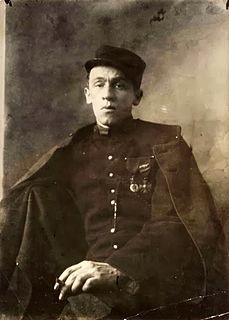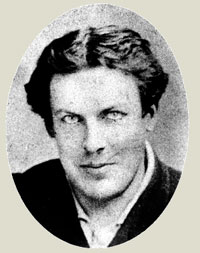A Quote by Blaise Cendrars
I used the word 'prose' in the Trans-Siberian in the early Latin sense of prosa dictu. Poem seemed to me too pretentious, too narrow. Prose is more open, popular.
Related Quotes
Certainly for me prose has a dilatory capacity, insofar as I don't trust my abilities in prose. I imagine I could have done the same thing in poetry, but sometimes I feel more fluent in poetry than in prose, and as a consequence perhaps I might pass too quickly by a thing that I might, in prose, have struggled merely to articulate. That struggle creates space, and it seems to me a particular kind of space into which memory flows easily. I suspect I think better in poetry, however.
I feel like the reason I ended up becoming a playwright is because I never choose the right word. As a kid, my fantasy profession was to be a novelist. But the thing about writing prose - and maybe great prose writers don't feel this way - but I always felt it was about choosing words. I was always like, "I have to choose the perfect word." And then it would kill me, and I would choose the wrong word or I would choose too many perfect words - I wrote really purple prose.
Poetry has an indirect way of hinting at things. Poetry is feminine. Prose is masculine. Prose, the very structure of it, is logical; poetry is basically illogical. Prose has to be clear-cut; poetry has to be vague - that's its beauty, its quality. Prose simply says what it says; poetry says many things. Prose is needed in the day-to-day world, in the marketplace. But whenever something of the heart has to be said, prose is always found inadequate - one has to fall back to poetry.




































